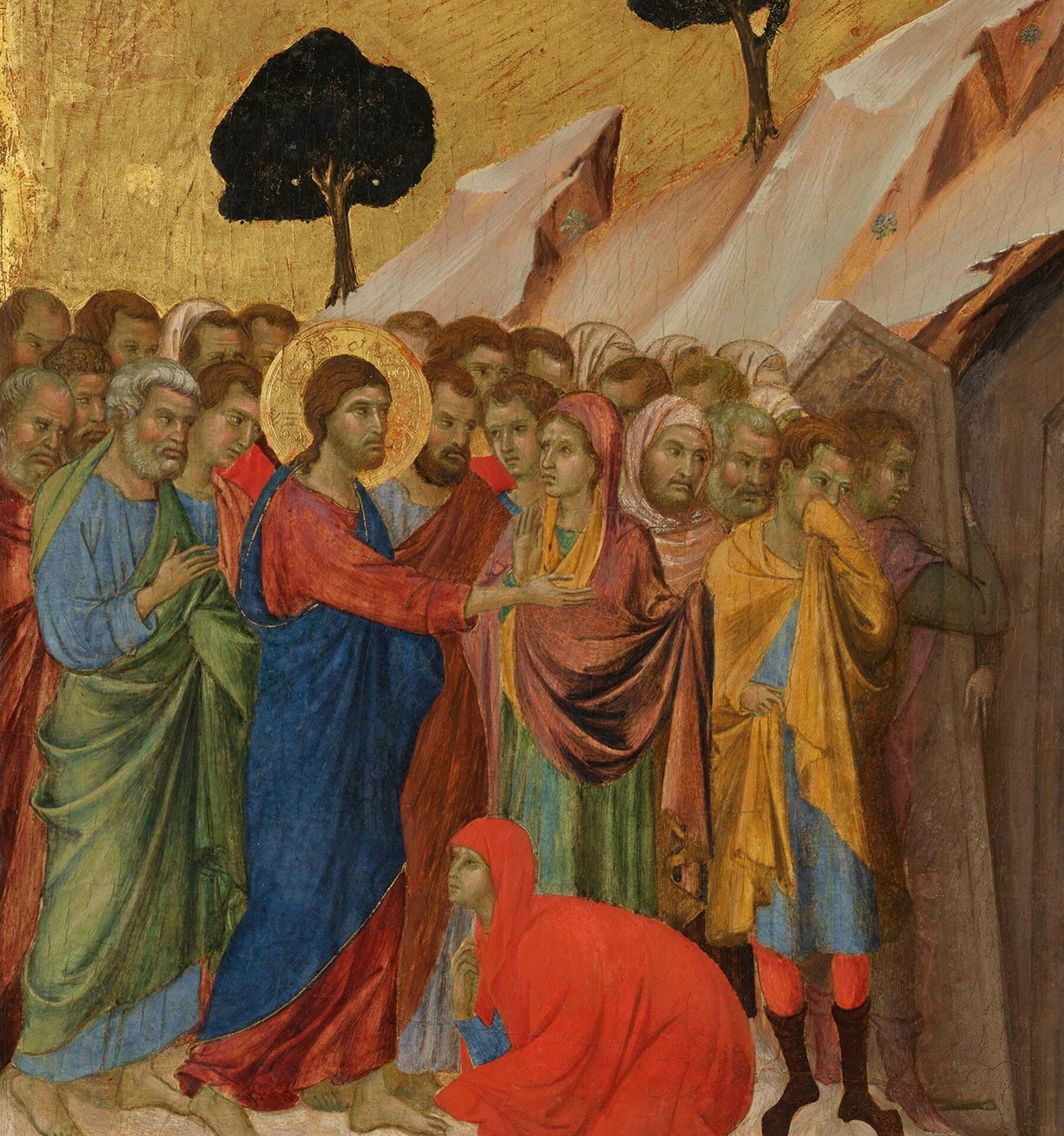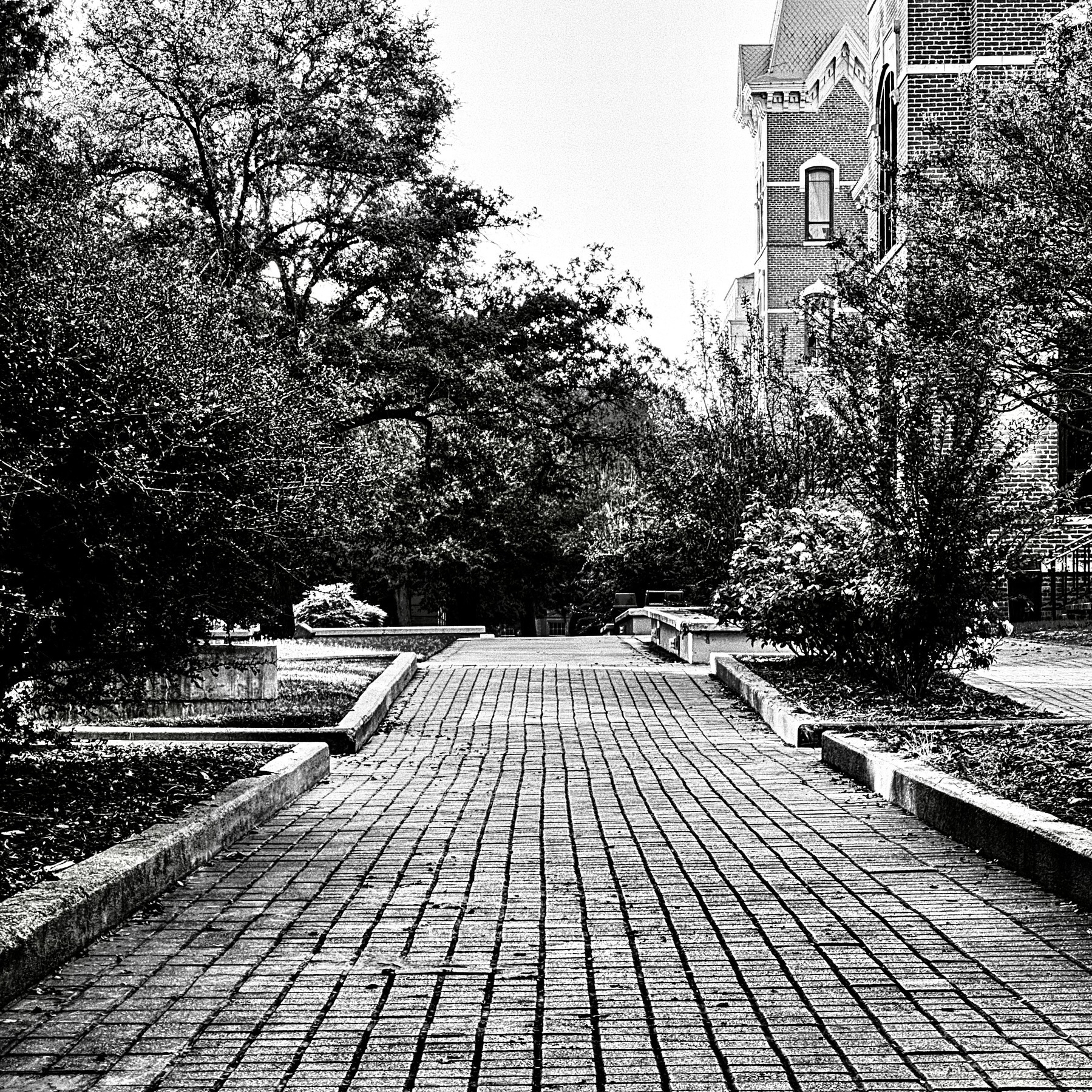I was curious about students’ causal arguments about this sudden eclipse of pleasure reading — again, the They who killed their love of reading. Why did it happen? The most common argument from them was that being made to analyze what they read had killed their enjoyment, not only of the analyzed, assigned texts but of texts in general. Now it’s possible that this is true, or true for some people, but because I am a teacher and because it’s my job to encourage people to think, I simply can’t accept it. It is baldly anti-intellectual and it is wildly counter to my experience and my observations of the world. I simply do not believe that thinking about things is in itself toxic to our enjoyment of those things — if that were true, there would be no sports radio. I absolutely believe that thinking about things in the wrong way — for example, in a deadening or loveless way — or under unnecessary pressure is toxic to our enjoyment of them, but that’s different. With almost anything but reading, deeper understanding leads to deeper pleasure — this is true of sex, football, food, the behavior of pets, everything else in the world. Why should reading be the one exception?
This Met exhibition on Sienese painting looks wonderful.

The middle aged — that is, those between about thirty five and fifty years old — are afraid of the way old people view the world. They pretend that this view is a criminal ideology for which they have a fine and organised political contempt. They have a duty to root it out. It is an issue. They also pretend that their own faux juvenility (sustained precariously in the face of first the true juvenility then the growing adulthood of their own children) is less an evasion than a special kind of sensibility, one that has to be fought for and that possesses a high political value. What they’ll feel when they come round to old age themselves, I don’t know; one of the great surprises of being old is that whoever you were back then you’ve seen what happens, and you couldn’t care less about it any more. That was the discovery you were so determined not to make when you were middle aged. Now you have, you’re stuck with it and it becomes the foundation of your ideological crime. The thing to do is feel no guilt. Life is a series of narratives — all false — learned then unlearned.
Agreed except that I’m a big fan of guilt, when it’s properly directed.
So a few minutes into the train wreck of the Biden-Trump debate James Carville turned off the TV, put Hank Williams on the stereo, and ate some pot gummies. That may be the best stress-management strategy I’ve ever heard of.
Whenever I am tempted to think that all those years I spent on social media were wasted, something happens to remind me that I got to connect with amazingly smart and cool and decent people like Erin Kissane. That talk is a serious challenge to me.
It would be foolish to suggest that dead speech will supplant living speech in all cases. Automation has its limits. Just as there are qualities of human labor that remain well beyond the reach of machines, so there are qualities of human speech that chatbots are unlikely to ever replicate. But what exactly are those qualities, and how important are they to us, really? To put it into the coarse terms of business, will those distinctively human qualities survive competition with labor-saving alternatives? Many of us like to believe that self and speech are deeply, inextricably intertwined. The self emerges through acting in the world, but it also emerges through speaking in the world. That proposition is about to be put to the test. We may discover that dead speech is sufficient for our purposes.
Mandy Brown wrote a wonderful post that I responded to, and now she’s back with an even better and deeper post. Even as I grow increasingly persuaded that Substack can become a genuine alternative to legacy journalism, I am also increasingly persuaded that the open web is a genuine and necessary alternative, for some writers, to platforms like Substack.
Brad East asks “What does an idol promise?” — and then answers the question. A useful reminder that the Church needs a stronger idolology. This is a good start. See also my old post explaining that we carry idol-factories in our pockets.
It has never occurred to me that someone meeting a philosopher might ask “What are your sayings?”
There’s no way I’ll be watching Megalopolis, but the broader point Matt Zoller Seitz makes here is a very good one:
Movies like “Megalopolis” used to be released fairly regularly, by major studios, which are increasingly not in the movie business, but the IP regurgitation business. Movies were always a popular art form, but it used to be understood that sometimes you’d deliberately seek out something different, challenging, and perhaps obscure or ‘arty’ just to have a reaction to it and be able to discuss it with others. Movies like this only seem “indulgent” because we’re so deep into the era where everything has to be unmitigated fan service, the cinematic equivalent of cooking the Whopper exactly how the customer dreamed about ordering it, or else it’s considered a waste of time — or worse, a form of acting-out by some bratty person who thinks they’re an artist rather than what they presumably are, an employee of whomever bought a ticket.
There’s a lot of this.

Meaghan Ritchey does a fascinating interview of Nicholas Ma, whose new documentary Leap of Faith looks fantastic — and extremely important.
Baylor is having an A.I. week and I’m not super happy about it.
Angus would like you to know that he is two years old today!

Like many of us, he realised that what came to be known as the blogosphere could be a modern realisation of Jürgen Habermas’s idea of “the public sphere” because it was open to all, everything was discussable and social rank didn’t determine who was allowed to speak. But what he – and we – underestimated was the speed and comprehensiveness that tech corporations such as Google and Facebook would enclose that public sphere with their own walled gardens in which “free speech” could be algorithmically curated while the speakers were intensively surveilled and their data mined for advertising purposes.
This is why I am on, and the good Lord willing will always be on, the open web.
My primary problem as a guitarist: by the time I have achieved, or am on the verge of achieving, bare competence in playing a song, I hate the song so much that I never want to hear it again.
There are public housing projects nearby, whose residents complain the local housing authority has neglected. And maybe hurricane-response isn’t the housing authority’s job — but, then, hurricane-response isn’t really anybody’s job in Asheville, or wasn’t until Helene landed in the city. And so there is one more little chapter added to the great big book of Western Civilization since the fall of Rome, with the City of God picking things up after the City of Man has dropped the ball and the church showing why it remains the one genuinely indispensable institution.
